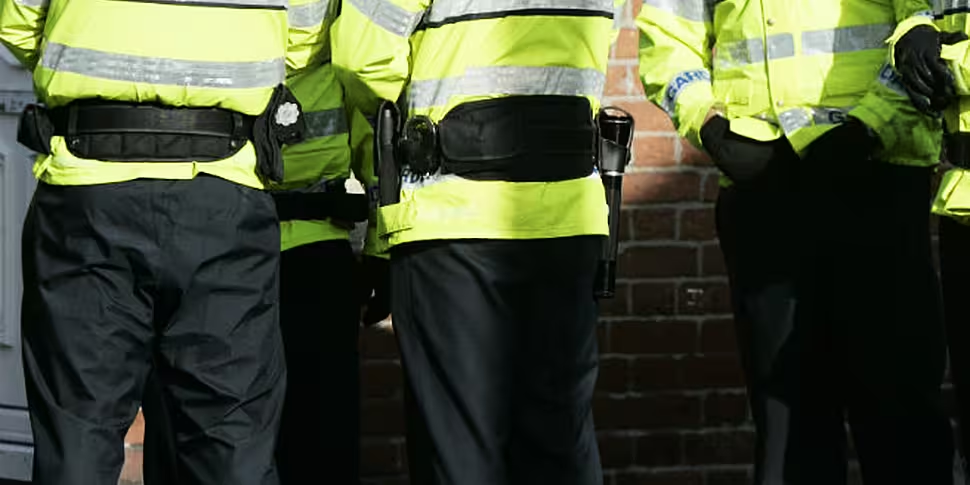The Minister for Justice has confirmed that a Garda operation code-named 'Operation Mizen' has been established as a measure for policing anti-water charge protests.
The existence of a Garda surveillance operation on anti-water charges protesters has previously been reported on but remained unconfirmed by the Government or Gardaí.
In a written answer to a Dáil question from Paul Murphy TD, which asked for clarification on the existence of Operation Mizen, Minister Frances Fitzgerald said she has been informed by Garda authorities that Operation Mizen: “was established ... to provide appropriate policing responses to maintain public order and to ensure the safety of all involved in protests against water charges.”
The Minister neither accepted nor refuted Mr Murphy's use of the term "surveillance" but confirmed that gardaí are monitoring "open source" activity in relation to protests.
“One avenue" used by Operation Mizen, is “the use of open source information”, the Minister said. This information is “generally and publicly available on the internet and social media platforms,” she added.
Although she did not elaborate on what other methods the operation used, Ms Fitzgerald said Operation Mizen “does not engage in technical surveillance or lawful interception”, adding that she has been assured “no public representative or member of the public is subject to such surveillance by Operation Mizen.”
A report in The Irish Daily Mail in August of this year claimed that Operation Mizen had at that point been monitoring protesters and gathering intelligence for six months.
Paul Murphy, Anti-Austerity Alliance TD, has said the admission from Ms Fitzgerald means “questions need to be asked.”
Confirmation of the existence of Operation Mizen “should cause serious worries across society to those who think that the right to protest is a fundamental democratic right,” he said.
“A number of weeks ago when I raised this issue with the Taoiseach, he dismissed it as if it was impossible that such a unit would exist within the Gardaí, however now with this confirmation from the Minister further questions need to be asked.”
When questioned by Mr Murphy in the Dáíl in September of this year the Taoiseach said he had no knowledge of the operation and said the query should be referred to the Minister for Justice.
More specific answers are required on what types of surveillance are being used by Operation Mizen, Mr Murphy said.
Referring to the Minister’s remark that “one avenue used by the Gardaí…..is the use of open source information….that is generally publicly available” Mr Murphy has said, “That sounds fine, but what other avenues are they using?”
“There are further questions which her reply raises,” Mr Murphy said.
The Minister’s answer “does not rule out that (elected representatives) are under different forms of surveillance”, Mr Murphy said.
The Minister’s referral to the Criminal Justice (Surveillance) Act of 2009 also leads to questions, Mr Murphy said.
Under the Act a District Court must approve a Garda application to place someone under surveillance. However, Mr Murphy says this would not prevent short term surveillance operations on individuals, and he is hoping for clarification on this issue.
“There are measures under the Act [section 8] by which if the Gardaí wished they can bypass the court for a period of 4 months to track someone. Potentially, Operation Mizen have could have used this legislation to track people without having to go to the courts.”
In response to a separate question from Paul Murphy, Ms Fitzgerald confirmed that the “most readily available” statistics show “there have been 188 arrests in relation to water protests from November 2014 to date.” Some of these arrests would have been the same individual arrested multiple times, the Minister added.
Of those 188 there have been 91 arrests for public order offences, and a further 75 under Section 12 of the Water Services Act, with 6 arrested for criminal damage and a further 6 for assault of an Irish Water employee or a Garda.
Replying to a separate question, the Minister confirmed Gardaí spent some €139,000 on surveillance equipment in 2014.









